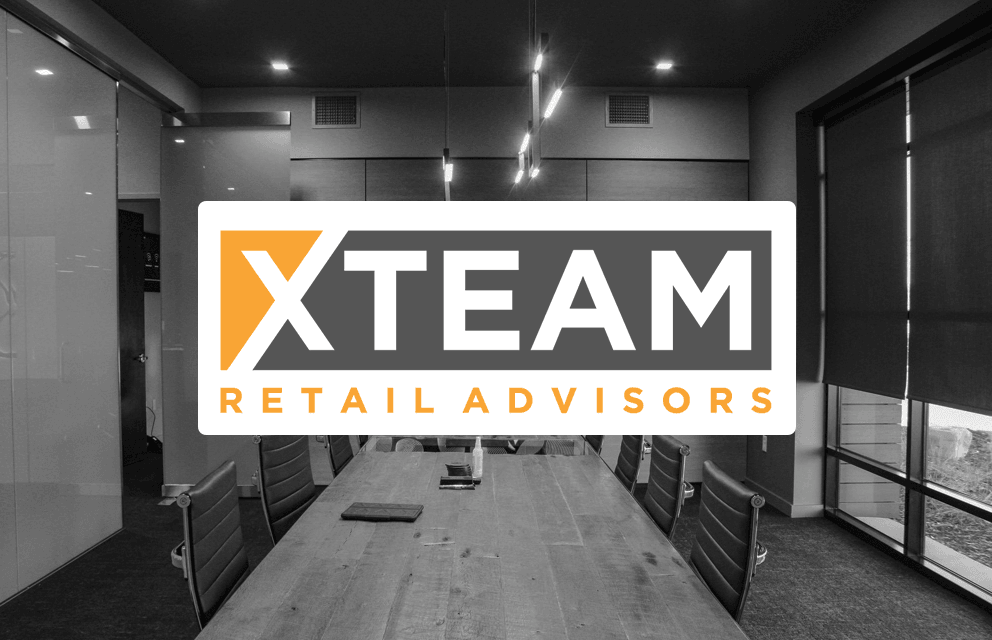
When it comes to negotiating a lease for medical office space, several unique factors play into identifying the appropriate property. Working with hazardous materials, complying with HIPAA, easy access, and convenient parking—all of these things should be considered when looking at a potential medical facility.
Having experienced counsel on your side can help identify key issues in the lease that make a difference down the road. Eric St. John, Broker at Crunkleton Commercial Real Estate, has brokered various medical office negotiations and has outlined some of the major factors that play into finding the ideal space for medical use.

“There are many differences between a general office space lease and a medical space lease,” said Eric. “You have to look at everything from the flow of the space to determining what specific pieces of equipment will be used in it. While every deal is unique, there are a few major questions that always need thoughtful answers. And it’s up to the tenant to understand what those are to ensure an effective practice.”
So, here they are—five things to consider when leasing medical office space:
1) Does the space work with your needs?
This may seem like an obvious question, but taking note of certain factors will help you come up with more concrete answers. Close your eyes and imagine the space at your current family doctor’s office. Are the exam rooms far away from the waiting area? Does the space allow the staff to be productive and efficient? All of these things play into proper flow within a space.
“The first thing many medical tenants look at when it comes to location is the space’s proximity to the major hospital system they are affiliated with,” said Eric. “From there, things like the flow of a space and accessibility are at the forefront of decision making.”
Making sure your location is easily accessible for your patient base—including those with limited mobility—is something that should be deliberated. Know what major roadways and paths your patients will take to get to your building, and make sure it’s an easy one.

2) How will you handle the disposal of hazardous waste/materials?
Medical office spaces often house materials that are a biohazard. With general office spaces, most leases prohibit the introduction of any hazardous wastes on the property. This is not the case with medical leases. Instead, the lease should provide well-defined guidance as to who will be responsible for the removal of such wastes. Liability for this issue shouldn’t be ignored.
“Most leases address the guidelines for hazardous materials,” said Eric. “The tenant is usually responsible for the handling and disposal of such waste.”
It may be just a few sentences within the lease that save you from any future trouble. Have confidence that the materials are stored and disposed of properly. Make sure the lease is crystal clear on how it will be executed, as well as who will be granted access to those materials.

3) What will you do to ensure HIPAA compliance?
While every office space is sure to contain some form of confidential documents, medical spaces are required to comply with the Health Insurance Portability and Accountability Act (HIPAA). The laws outlined by HIPAA vastly affect the functionality and accessibility of medical office spaces.
“It’s important to include information in the lease that outlines the landlord’s access to the space,” said Eric. “Usually, landlords are required to provide a certain notice before entering, unless there is an emergency. Leases can also outline the restriction of certain areas at certain times.”
4) Will you need to accommodate special equipment/procedures?
Special equipment requires specialized accommodations. Because many machines need their own rooms, generate extra heat or require specific insulation, these terms need to be outlined in the lease. Completing your homework beforehand will ensure that utility services are able to accommodate any additional needs.
“You’ll notice that not every practice has an X-ray machine,” said Eric. “These types of machines need shielded rooms lined with lead or other materials to operate—something that may not be readily available in certain spaces. Knowing what equipment or procedures the physician plans on offering certainly affects the deal, what type of space they need, and the negotiation as a whole.”

5) Who are your neighbors?
Many medical doctors seek spaces that include other primary care and internal medicine specialists because it allows for a “built-in referral system.” Rather than sending your patient across the city to follow up on a matter, doctors can send them to another office within the building, cutting down on confusion and adding convenience for the patient.
“Knowing who is in the building with you is important,” said Eric. “Because their business can affect your business.”
Thinking ahead.
At Crunkleton, we do our best to help clients find the medical office space that fits their needs. By paying attention to the diverse needs of medical tenants, anticipating future trends, and connecting with clients, we create a relationship that aims to meet the unique needs of medical office lessees.
“We do our best to understand the medical business to make sure clients get what they need,” said Eric. “Our job is to read between the lines and make sure they are taken care of in any situation. It’s always rewarding when we are able to negotiate a lease that benefits both the landlord, the tenant, and the public who needs exceptional medical care.”
To learn more about how Crunkleton can help you with your medical office leasing needs, contact Eric St. John at eric@crunkletonassociates.com.
![]()
Make sure you’re staying on top of the latest trends, newest developments and hottest new stores in Huntsville by subscribing to our weekly blog updates!
![]()

HALEY CLEMONS
MARKETING COORDINATOR
CRUNKLETON COMMERCIAL REAL ESTATE GROUP
HALEY@CRUNKLETONASSOCIATES.COM




